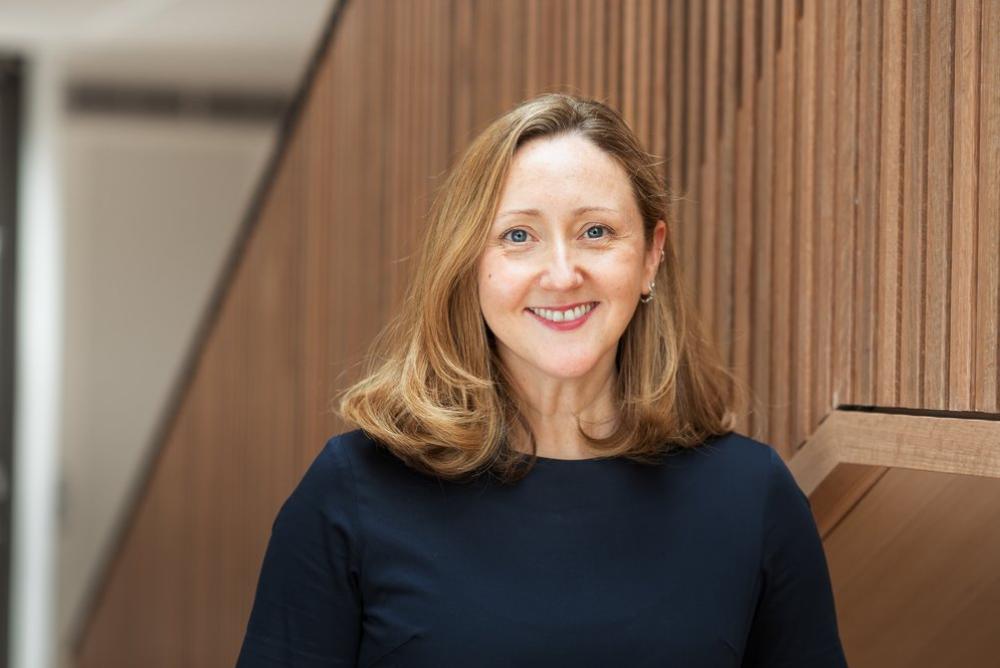New plan announced to get more children access to gene therapy treatments
Great Ormond Street Hospital (GOSH), supported by LifeArc and Great Ormond Street Hospital Children’s Charity (GOSH Charity), has announced plans to revolutionise how children living with a rare disease can gain access to life-changing treatments that have been proven to work.
A big challenge with developing treatments for rare diseases is that due to small patient numbers they are often not commercially viable for companies to invest in and keep on the market, even if the treatment has been proven to cure a condition.
GOSH, LifeArc and GOSH Charity hope to address this through the plan which would be the first of its kind in the UK and the first time an NHS Trust would hold the market authorisation - or licence – for a gene therapy drug, meaning patients can directly access and benefit from the treatment.
A new approach
GOSH will now explore if the hospital could take on the licences for these sorts of treatment to make them accessible to children at GOSH and other hospitals.
The new approach will be piloted with a lentiviral gene therapy for ADA-Severe Compromised Immuno-deficiency (ADA-SCID) that was co-developed between GOSH and UCL Great Ormond Street Institute of Child Health (GOS ICH) in the UK and University of California, Los Angeles (UCLA) in the USA.
ADA-SCID is a rare condition that means the immune system doesn’t develop. It affects up to three children every year and leaves them very vulnerable as even minor infections can become life-threatening. Children with ADA-SCID have a faulty gene that is responsible for the production of an enzyme, ADA, which plays a key role in helping cells in the immune system grow and divide. The gene therapy works by replacing the faulty gene with one that works, allowing the production of ADA.
“We must do something radical to tackle this”

Professor Claire Booth, Mahboubian Professor in Gene Therapy and Paediatric Immunology at GOSH and UCL Great Ormond Street Institute of Child Health, said:
"For rare and ultra-rare diseases, it’s a sad fact that there is little commercial reason for companies to develop costly treatments with very small markets. This means that treatments that have been shown to work through research are not getting to patients who could benefit from them. It’s simply not good enough that we have treatments that we know work, but we can’t get them to our patients. We must do something radical to tackle this. We are exploring what we can do in a place like GOSH, where we have the academic facilities to manufacture treatments combined with a rich history of working with other NHS hospitals, in research and clinical care.”
Sarah's story
Sarah is a happy healthy seven-year-old now, but her mum, Maria, explains what it was like for Sarah to be diagnosed with ADA-SCID at just a few weeks old, and then to be part of the gene therapy trial at GOSH.
“I remember the exact time I saw the paper that had the blood test results on and the diagnosis. I saw it was SCID and I was incredibly upset… I wasn’t allowed to kiss my daughter or sleep next to her. Everything had to be highly sterilised to keep her safe. It was horrible to not be able to do normal things with my own daughter.”
“It was such a relief to hear there was another option and she’s doing so well now and can do everything her friends do – she does more! She does karate, swimming, ballet, gymnastics, acrobatics, street dance and it’s still a struggle to get her to bed at 9.30pm!”
“We have always felt quite lucky that Sarah got the treatment when she did, but it was only through the research programme that she got it. To think that we now know the gene therapy can work and families still can’t get it seems senseless.”
“We hope that this new project at GOSH will mean that more families like us can get transformative treatments for rare diseases without uncertainty, and go on living their lives and having new adventures.”

If successful the model could be used for other treatments
Dr Catriona Crombie, Head of Rare Disease at LifeArc, said:
“LifeArc are committed to overcoming the hurdles that stop tests and treatments for rare diseases reaching the people that need them. It is not acceptable to us that there are proven treatments failing to reach patients due to commercial challenges, and we are determined to drive change. We are incredibly pleased to partner with GOSH to see if this model could lay the foundations for an entirely new way of giving more people access to life-changing treatments.”
Aoife Regan, Director of Impact and Charitable Programmes at GOSH Charity, said:
“GOSH Charity is excited to support such an important and innovative project alongside LifeArc and GOSH. Gene therapies can have a transformative impact and if successful, this model could be used for a wide variety of rare inherited diseases that affect children at GOSH and beyond. If we did not support this work children in the UK with life limiting illnesses would be unable to access proven therapies that we already know can transform their lives. This is simply unacceptable. Our commitment to funding work to help accelerate gene therapy development will continue through our newly launched research strategy, which will see the charity invest in pioneering areas of child health research.”
This model, if successful, could work for other treatments and help more people living with rare diseases get access to the right treatment.


